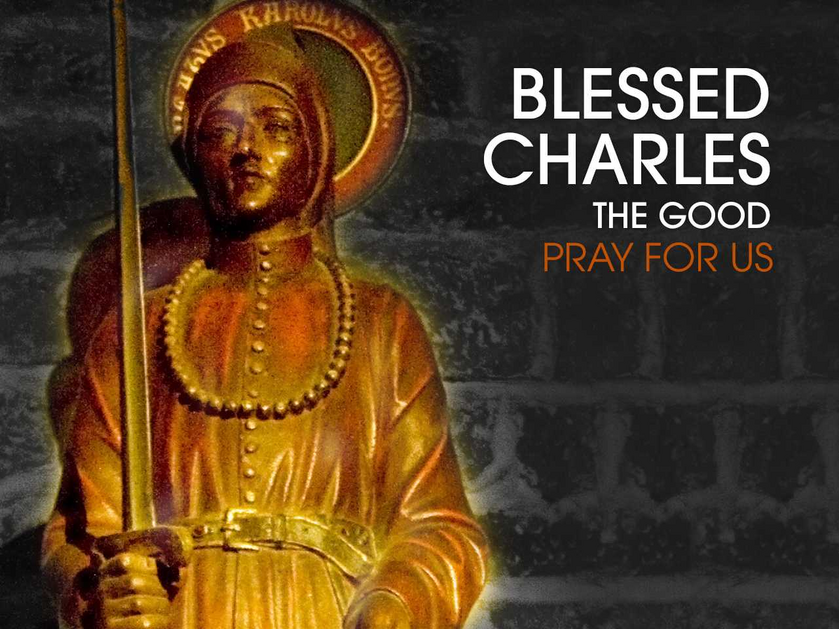In today's livestream I spoke about the sin of curiosity. In this article, I thought I'd sum it up for you in case I didn't do it well in the livestream.
You can read Thomas' own words here, btw.
For Aquinas, “curiosity” is not simply the healthy desire to know the truth. He distinguishes between the virtue of studiositas—the ordered pursuit of knowledge—and the vice of curiositas, which is the disordered pursuit of knowledge.
Curiosity becomes a vice when we seek knowledge in the wrong way or for the wrong reasons: for pride, idle speculation, gossip, or knowledge that leads us away from God rather than toward Him. For example, indulging in occult practices, probing into sinful matters for fascination, or prying into things that are none of our business (all of social media, or just most?) are all ways that curiosity corrupts the good of knowledge. In other words, knowledge itself is good, but the way we desire, seek, and use it can be distorted.
Aquinas says that curiosity can show itself in several ways: when someone prefers trivial knowledge over what would truly benefit their soul (c'mon ... this is how many people live their lives), when one seeks knowledge to boast or to sin, when one is distracted by an endless hunger for new information at the expense of wisdom, or when one turns to forbidden sources of knowledge.
By contrast, the virtue of studiousness disciplines the intellect so that we seek truth for its own sake, for God’s glory, and for the service of others. Thus, Aquinas sees curiosity not as the love of learning itself, but as the disorder of that love—an appetite for knowing that forgets the proper end of knowledge, which is to lead us to truth and ultimately to God.
So here's a challenge for you and me: What is one practical way that we can avoid curiosity and grow in studiousness?




















